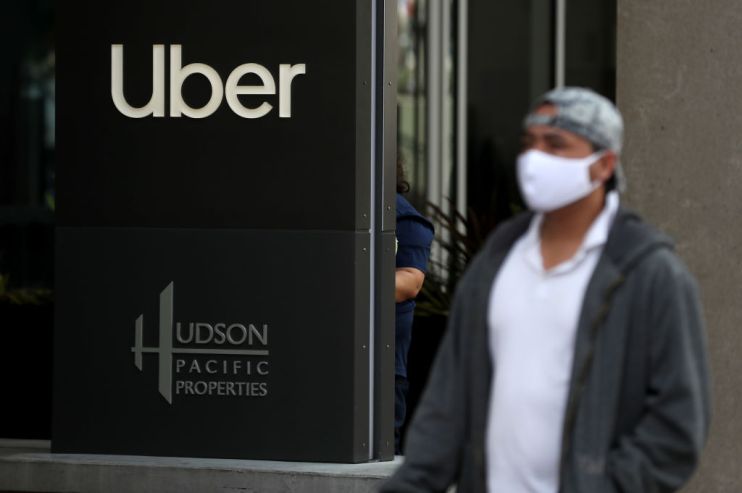Uber must classify drivers as employees, California rules

Drivers operating on ride-hailing platforms such as Uber and Lyft will now be considered employees, regulators in California said today.
Under the state’s gig economy workers law, which was passed six months ago, such companies must pay employees for overtime, health benefits and workers’ compensation.
Today the California Public Utilities Commission (CPUC), the ride-hailing sector’s regulator in the area, said it will begin enforcing the law going forward.
So-called transportation network companies (TNCs) such as Uber classify their drivers and riders as self-employed in most countries, meaning they forego standard employee benefits such as sick pay in exchange for the flexibility of on-demand work.
“For now, TNC drivers are presumed to be employees and the commission must ensure that TNCs comply with those requirements that are applicable to the employees of an entity subject to the commission’s jurisdiction,” the commission said in the order.
Shares in Uber and Lyft fell as markets opened on Wall Street, dropping 5.3 per cent and 4.2 per cent respectively.
“CPUC’s presumption is flawed. Forcing them [drivers] to be employees will have horrible economic consequences for California at the worst possible time,” Lyft said in a statement.
Uber did not immediately respond to a request for comment.
Uber sued to block the new law in December, arguing it was unconstitutional. California later sued both Uber and Lyft, arguing both companies were in violation of the legislation.
The pair later teamed up with food delivery app service Doordash to set aside $90m for a campaign on an alternative proposal.
Under the initiative, drivers and riders would receive mileage-based subsidies, healthcare payments and occupational accident insurance, while remaining independent contractors.
However the proposal was criticised by US workers’ unions, arguing it would create a “new underclass of workers” that still lack fundamental protections such as sick pay.